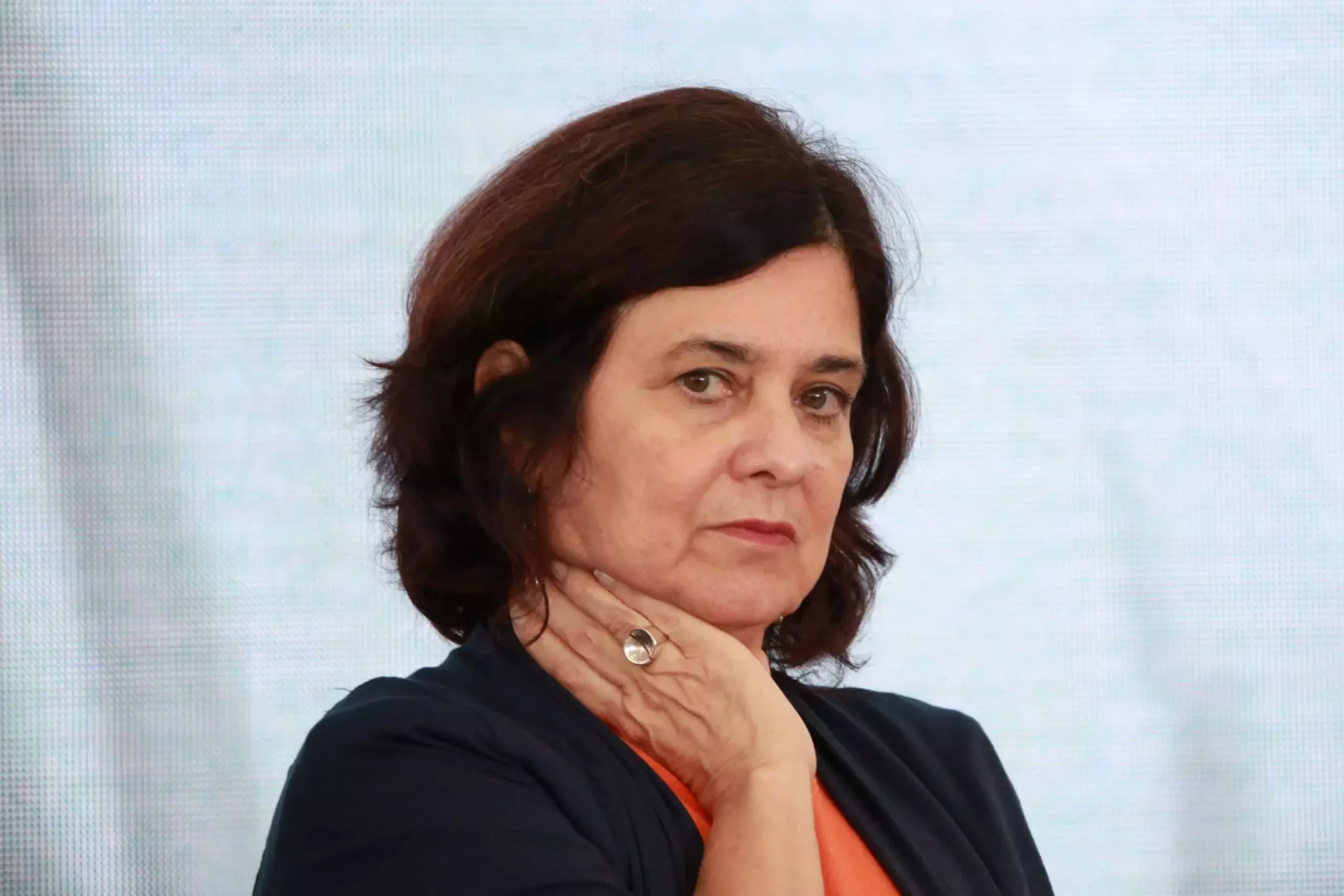Brazil is taking a stand on March 2nd with a countrywide initiative, “Brazil United Against Dengue,” to tackle a severe dengue outbreak.
Health Minister Nísia Trinidade announced the plan, focusing on public education about prevention.
The outbreak has soared, nearing 1 million cases this year, with 7,771 being severe.
Dengue has caused 196 deaths this year, with 672 still being examined. Last year, the country saw over 1.6 million cases and 1,079 deaths, a record high.
Trinidade emphasized the need for close monitoring and unity to fight the epidemic.
She linked the rise in cases to climate change and the spread of different dengue serotypes.
Although cases have risen, deaths have slightly decreased compared to last year, Ethel Maciel, Secretary of Health Surveillance, said.
However, there have been more deaths this year despite fewer severe cases.

The disease mostly affects those between 20 and 49, but severe cases are more common in people over 70.
Maciel mentioned the uncertainty around the future trend of cases.
Trinidade pointed to climate change as a significant factor for the outbreak, noting unusual warm and humid conditions favoring mosquito growth.
This year’s pattern deviates from the past 40 years of dengue outbreaks.
A new challenge is the spread of all four dengue serotypes, with serotype 2 becoming more prevalent due to immunity against serotype 1.
For example, 40% of cases in the Federal District are now from serotype 2. Dengue has also spread to medium and small cities that were previously less affected.
Background
Back in time, Nísia Trindade launched strict measures against doctors spreading alternative narratives about COVID-19 vaccines on social media.
However, initially labeled misleading, claiming these other voices needed to be silenced and criminalized, these narratives later proved not to be.
Trindade even assembled a team with the Ministry of Justice, the Attorney General’s Office, and the Secretariat of Social Communication.
While Trindade’s actions aimed to protect public health, they raised concerns about free speech and privacy.

